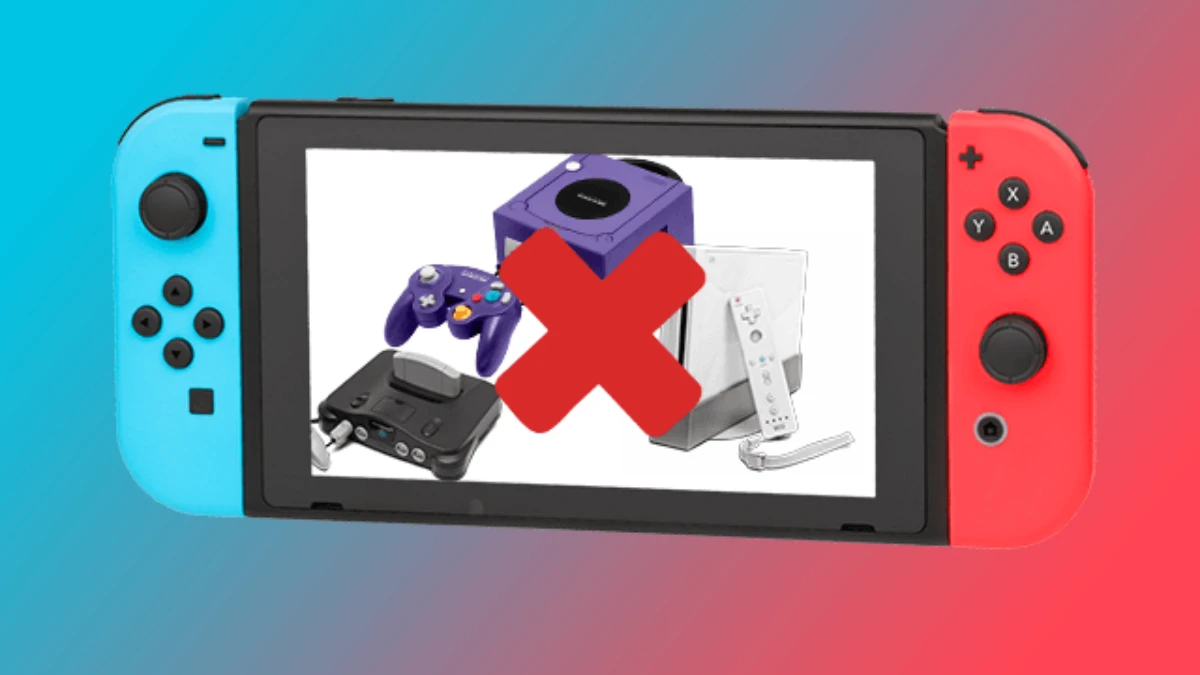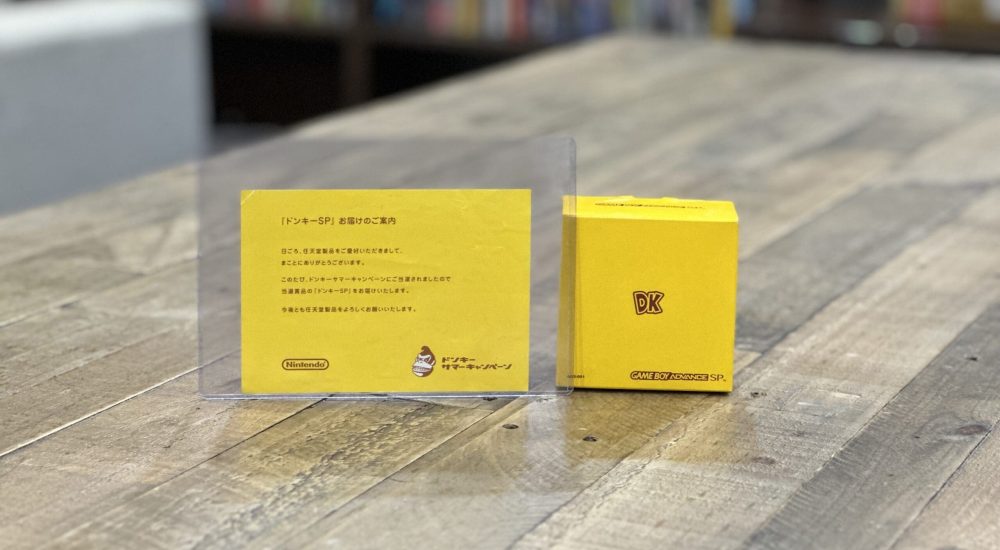Recent leaks have revealed that Nintendo originally planned to continue the Virtual Console model for the Nintendo Switch before ultimately canceling it due to high costs associated with emulator testing and other challenges. Internal emails from iQue, a company that collaborated with Nintendo on emulation projects, show that this initiative, codenamed “Clipper,” began development in 2015 and aimed to expand upon the Virtual Console offerings seen on previous platforms like the Wii and Wii U.
The Clipper project intended to allow users to purchase and own individual retro games, complete with modern features such as CRT-style animations, unique audio effects for regional consoles, and even online play. Testing reportedly included a variety of NES and SNES titles, as well as third-party classics like Final Fantasy and Mega Man. However, by mid-2017, Nintendo shifted focus to what would become the Nintendo Switch Online (NSO) subscription service.
The decision to abandon Virtual Console was driven by several factors. First, extensive emulator testing for each platform (NES, SNES, N64) on new hardware was deemed too costly. Second, Nintendo wanted to avoid player frustration over repurchasing games they already owned on previous systems. Instead, the NSO model allowed for a bundled approach where multiple classic games could be accessed via subscription apps, streamlining operations and reducing costs.
While this pivot has enabled Nintendo to maintain a consistent retro game library through NSO, it has also drawn criticism. Fans have lamented the lack of ownership over individual titles and pointed out issues with emulation quality, particularly for N64 games. Despite these concerns, Nintendo’s decision reflects a broader strategy to ensure long-term support across hardware generations while minimizing development overhead.










